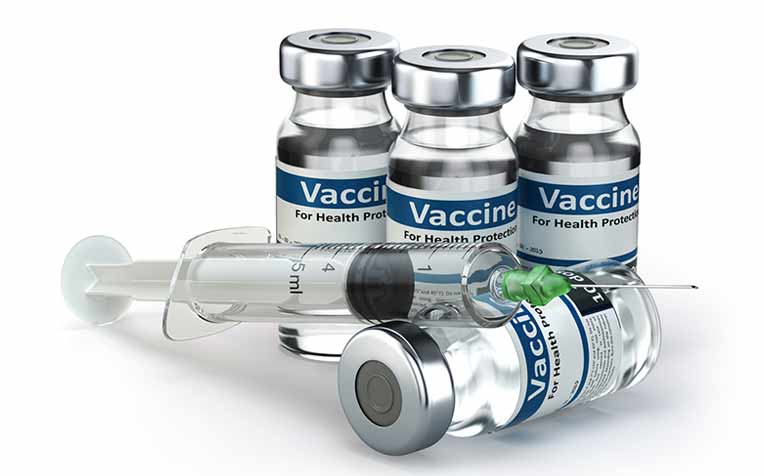
Vaccines stimulate the body’s own immune system to protect the person against an infection or disease.
The
Department of Infectious Diseases from Changi General Hospital (CGH), a member of the
SingHealth group, shares about the recommended vaccines for adults.
Recommended vaccines for adults
Measles, Mumps and Rubella (MMR) vaccine | The MMR vaccine is a “3-in-1” that protects against measles, mumps and rubella – all potentially serious diseases. Adults born in 1957 or later should receive one or two doses of the MMR vaccine unless they have medical contraindications to the vaccine, laboratory evidence of immunity to each of the three diseases, or documented physician diagnosis of measles, mumps or rubella infection. |
Hepatitis B vaccine | This vaccine prevents hepatitis, which is an infection of the liver caused by the Hepatitis B virus. It spreads through the exchange of blood or body fluid from sharing personal items, blood-taking or during sex. The virus stays in the liver of some people for the rest of their lives and can result in liver disease, including liver cancer. Recommended for
|
Varicella (chickenpox) vaccine | Adults should receive two doses of varicella vaccine. Varicella, more commonly known as chickenpox, is caused by the varicella zoster virus. It is highly contagious from one to two days before rash onset until all the rash have dried up. Recommended for
|
Pneumococcal vaccine | The pneumococcal vaccine prevents pneumococcal diseases, which can result in infections such as:
Recommended for
|
Influenza (flu) vaccine | This type of vaccine protects people against influenza, which is an infection caused by the influenza virus. It spreads when an infected person coughs, sneezes or talks (droplet transmission). Recommended for
|
The National Adult Immunisation Schedule (NAIS) by MOH
The vaccines in the NAIS protect against the following 11 diseases – Influenza, pneumococcal disease, human papillomavirus, tetanus, diphtheria, pertussis, measles, mumps, hepatitis B, and varicella (chickenpox). This table shows the frequency and amount of dosage based on age group.
Vaccine | 18-26 years | 27-64 years |
65 years and above |
|---|---|---|---|
Influenza |
1 dose annually or per season# | 1 dose annually or per season* | |
Pneumococcal conjugate |
1 dose#* | ||
Pneumococcal polysaccharide |
1 or 2 doses (depending on indication)# | 1 dose* | |
Tetanus, reduced diphthera and acellular pertussis (Tdap) |
1 dose during each pregnancy# | ||
Human papillomavirus (recommended only for females) |
3 doses^ |
| |
Hepatitis B |
3 doses^ | ||
Measles, mumps and rubella (MMR) |
2 doses^ | ||
Varicella (chickenpox) |
2 doses^ | ||
* Recommended for adults who meet age requirement
# Recommended for adults with specific medical condition or indication
^ Recommended for adults who have not been previously vaccinated, or lack evidence of past infection or immunity
A PDF version of the NAIS is available
here.
Ref: H24(ed)
Check out more articles on vaccination:
Why Vaccinations Are Important for Seniors
Recommended Vaccinations for Diabetics
Contributed by






















 Get it on Google Play
Get it on Google Play